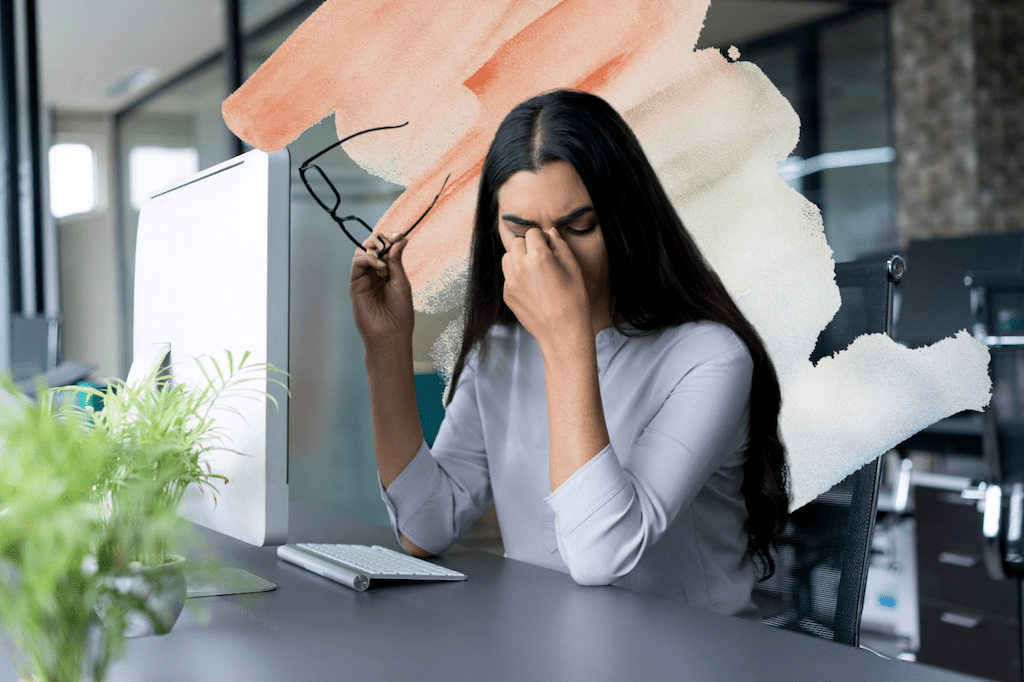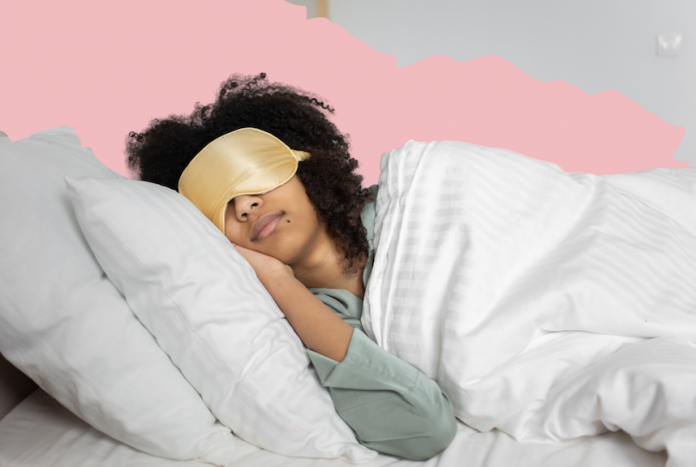When it comes to protecting your eyes, many people are unsure what to do or how they could make a difference to their own eye health. Your eye health is extremely important and when taking care of your eyes correctly, various eye conditions may be prevented. In order to see clearly and to avoid eye complications or even blindness, living a healthy life really makes a difference, as well as keeping a routine of regular eye examinations with a professional.
With that in mind, here are 7 essential tips on how to maintain good eye health, so you can be sure that your eyes are well cared for.
Get Regular Eye Examinations
Visiting your optician regularly for routine eye examinations will allow for the early detection of diseases that include glaucoma and macular degeneration. Ensuring you have no existing eye concerns, you should be visiting your optician at least every two years. This way any issues with your vision and eye health can be addressed and treated.
An optometrist will give your eye health a thorough examination, addressing any concerns you have as well as determining the health of the underlying eye structure with an OCT scan.
Below are some signs you may need to book an eye examination:
- You can’t remember the last time you had an eye examination
- You are experiencing eye pain or frequent headaches from eye strain
- You are at risk of eye conditions, due to a family history of eye diseases or have diabetes
- Your vision has been worsening over time

Protect Your Eyes In The Sun
Many enjoy the sun when it decides to appear but there are some important things to keep in mind to help you stay protected from harmful UV rays. We are frequently reminded to wear SPF and protect our skin but often neglect our eyes. By wearing sunglasses with UV protection, you can enjoy the sunshine while protecting your eyes from the UV rays.
For those who already wear glasses, you should invest in some prescription sunglasses, too, or consider polarised lenses or transition lenses. Your optician will be able to offer their expert advice when choosing the right option for you.
Be Aware Of Any Warning Signs
If you start to notice any concerns with your eyes or vision, it is very important you take notice of this and seek advice as soon as possible. Some signs to look out for include:
- Blurred vision
- Eye strain and frequent headaches
- Difficulty seeing in low light
- Frequent flashes of light
- Red eyes
- Eye pain
- Swelling
- Floaters in the eye
Remove Your Contact Lenses
Contact lenses offer clear vision for those who would rather not wear frames. Despite their simple use, it is crucial that they are worn and taken care of correctly. Very often, opticians will see cases of dry eye in contact lens wearers. To prevent this, irritation, and other eye conditions, ensure you wear your contact lenses according to your optician’s instructions
Maintain A Healthy Diet
To make additional efforts to care for your eye health, eating foods that are rich in vitamins can make a difference. Omega-3 fatty acids, vitamins, zinc, bilberry, lutein and zeaxanthin are all great for your eyes. These can often be found in foods such as kale, salmon, tuna, nuts, and eggs, as well as in dedicated eye health supplements. Helping to maintain good eye health and reducing your risk of developing eye conditions, particularly those associated with high blood pressure.

Limit Screen Time & Take Regular Breaks
With our increasing reliance on digital devices, it’s crucial to be mindful of screen time and its impact on your eyes. Prolonged exposure to screens can lead to digital eye strain, causing symptoms such as dry eyes, blurred vision, and headaches. To combat this, follow the 20-20-20 rule: every 20 minutes, look at something 20 feet away for at least 20 seconds.
Additionally, ensure your screen is positioned at arm’s length and slightly below eye level. Consider adjusting the brightness and contrast settings to comfortable levels, and don’t forget to blink frequently to keep your eyes moist. If you work on a computer for extended periods, investing in blue light filtering glasses may also help reduce eye strain.
Stay Properly Hydrated & Get Adequate Sleep
Maintaining proper hydration is essential for overall eye health, as dehydration can contribute to dry eyes and discomfort. Aim to drink plenty of water throughout the day to keep your eyes naturally lubricated. Equally important is getting sufficient sleep, as your eyes need time to rest and repair themselves.
During sleep, your eyes are continuously lubricated, which helps to clear out irritants that may have accumulated during the day. Adults should aim for 7-8 hours of quality sleep each night. Poor sleep can lead to eye twitching, dry eyes, and even blurred vision, so establishing a consistent sleep routine will benefit both your overall health and your vision.





